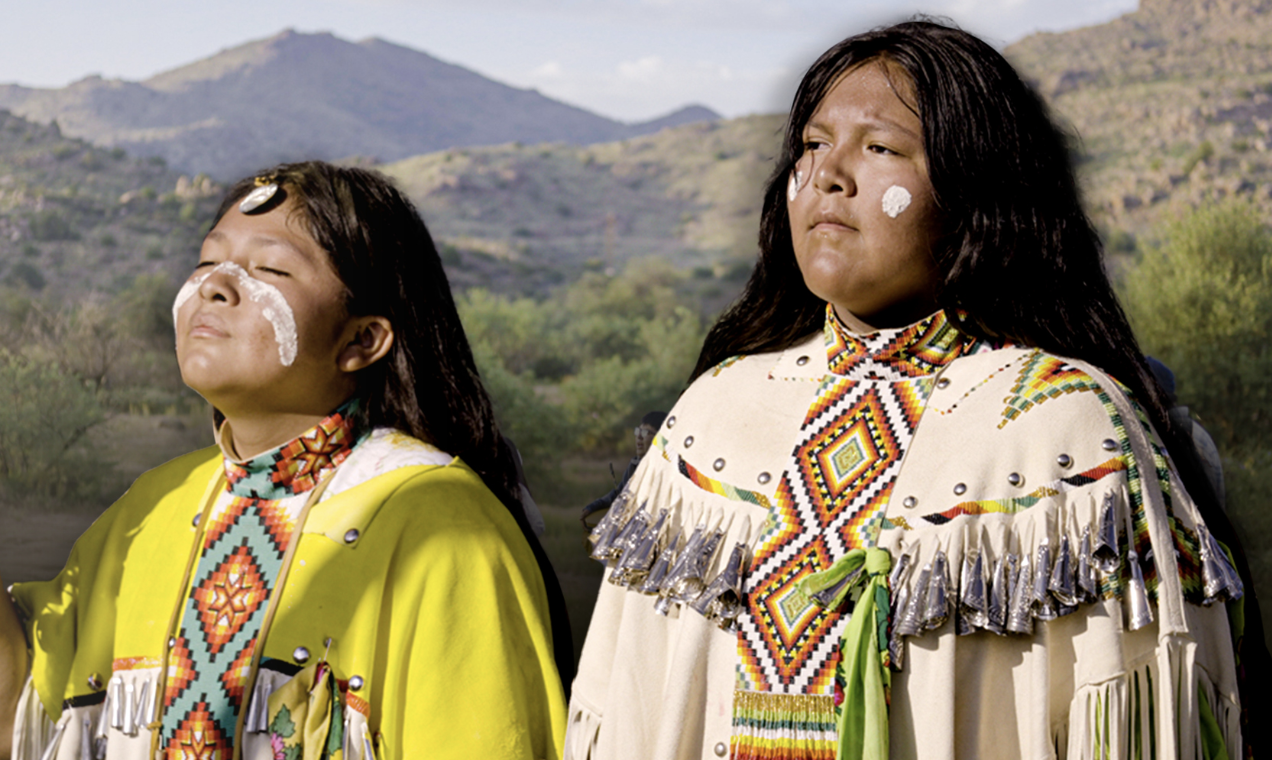
- Details
- By Native News Online Staff
The fight to protect Apache religious freedom and the sacred land of Chi'chil Bildagoteel (Oak Flat) is not over.
On Thursday, June 19, Dr. Wendsler Nosie, Sr. and members of Apache Stronghold will begin their journey to Washington, D.C., once again bringing this sacred struggle to the steps of the Supreme Court. Organizers are calling on all supporters to join them in prayer, asking that the Court reconsider its grave mistake in declining to hear our case.
On Monday, June 23, Apache Stronghold will file a formal petition with the U.S. Supreme Court, asking it to reconsider its refusal to hear our appeal.
Despite its significance, protections for the site were undermined in 2014 when a land swap deal benefiting Resolution Copper was quietly added to a must-pass defense bill in Congress. If allowed to proceed, the company plans to create a crater nearly two miles wide and over 1,000 feet deep, destroying the sacred landscape.
Apache Stronghold, a grassroots coalition made up of Native and non-Native allies, filed suit in 2021 in hopes of stopping the transfer and preserving the area for religious use.
In late May when the Supreme Court decided not to hear Apache Stronghold's petition. Two Supreme Court justices, Justice Neil Gorsuch and Justice Clarence Thomas, dissented from the Court’s denial, calling the case “vitally important” and describing the Ninth Circuit’s ruling against us as “highly doubtful as a matter of law.”
Apache Stonghold says the Supreme Court is expected to issue a decision any day now in Mahmoud v. Taylor, a case that also addresses the government's burdening of religious exercise. Oak Flat defenders believe that ruling may further strengthen its position and help affirm the urgency and validity of the Oak Flat cause.
Dr. Nosie says as his group petitions the highest court in this country, Native people are ultimately guided by a higher court—one with the Creator as Judge.
More Stories Like This
50 Years of Self-Determination: How a Landmark Act Empowered Tribal Sovereignty and Transformed Federal-Tribal RelationsNavajo Nation Council Members Attend 2025 Diné Action Plan Winter Gathering
Ute Tribe Files Federal Lawsuit Challenging Colorado Parks legislation
NCAI Resolution Condemns “Alligator Alcatraz”
NABS Documents 134 More Survivor Stories, Expands Digital Archive in 2025
Help us defend tribal sovereignty.
At Native News Online, our mission is rooted in telling the stories that strengthen sovereignty and uplift Indigenous voices — not just at year’s end, but every single day.
Because of your generosity last year, we were able to keep our reporters on the ground in tribal communities, at national gatherings and in the halls of Congress — covering the issues that matter most to Indian Country: sovereignty, culture, education, health and economic opportunity.
That support sustained us through a tough year in 2025. Now, as we look to the year ahead, we need your help right now to ensure warrior journalism remains strong — reporting that defends tribal sovereignty, amplifies Native truth, and holds power accountable.
 The stakes couldn't be higher. Your support keeps Native voices heard, Native stories told and Native sovereignty defended.
The stakes couldn't be higher. Your support keeps Native voices heard, Native stories told and Native sovereignty defended.
Stand with Warrior Journalism today.
Levi Rickert (Potawatomi), Editor & Publisher


